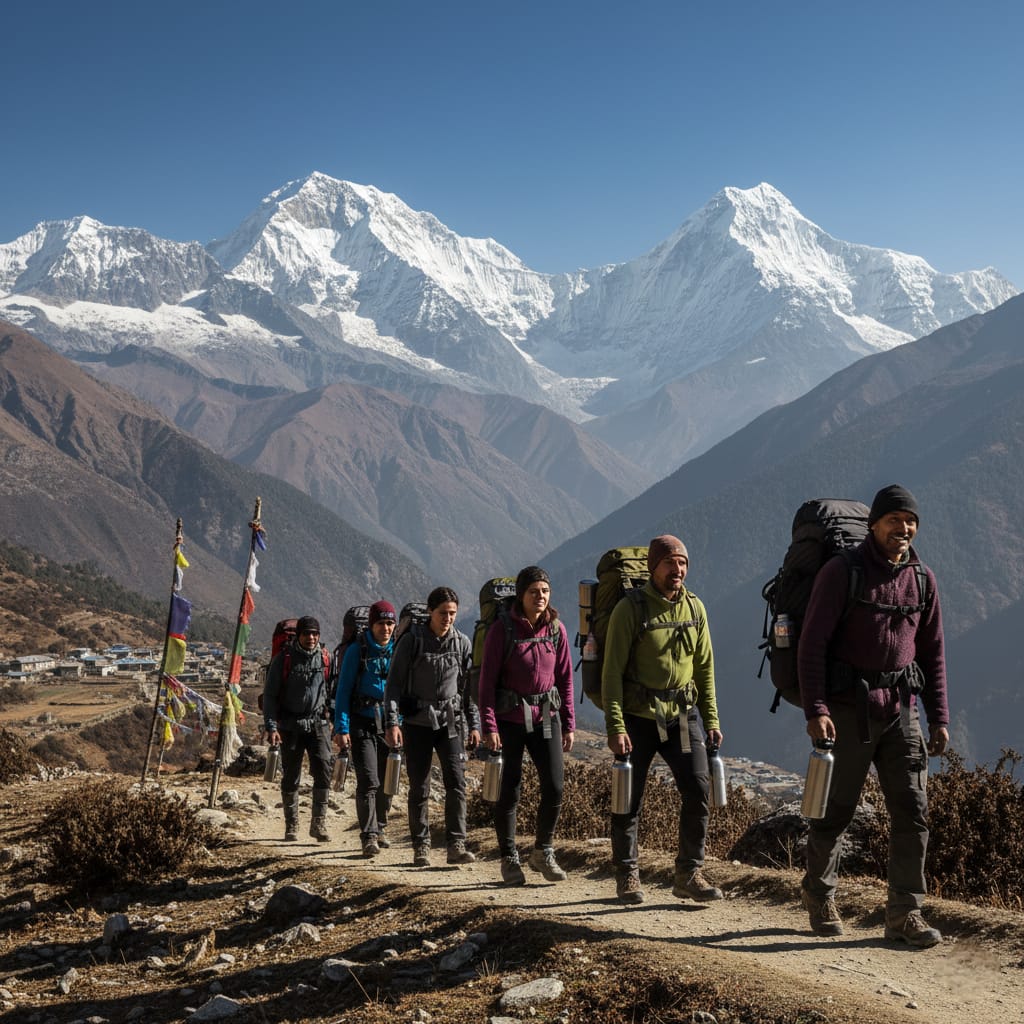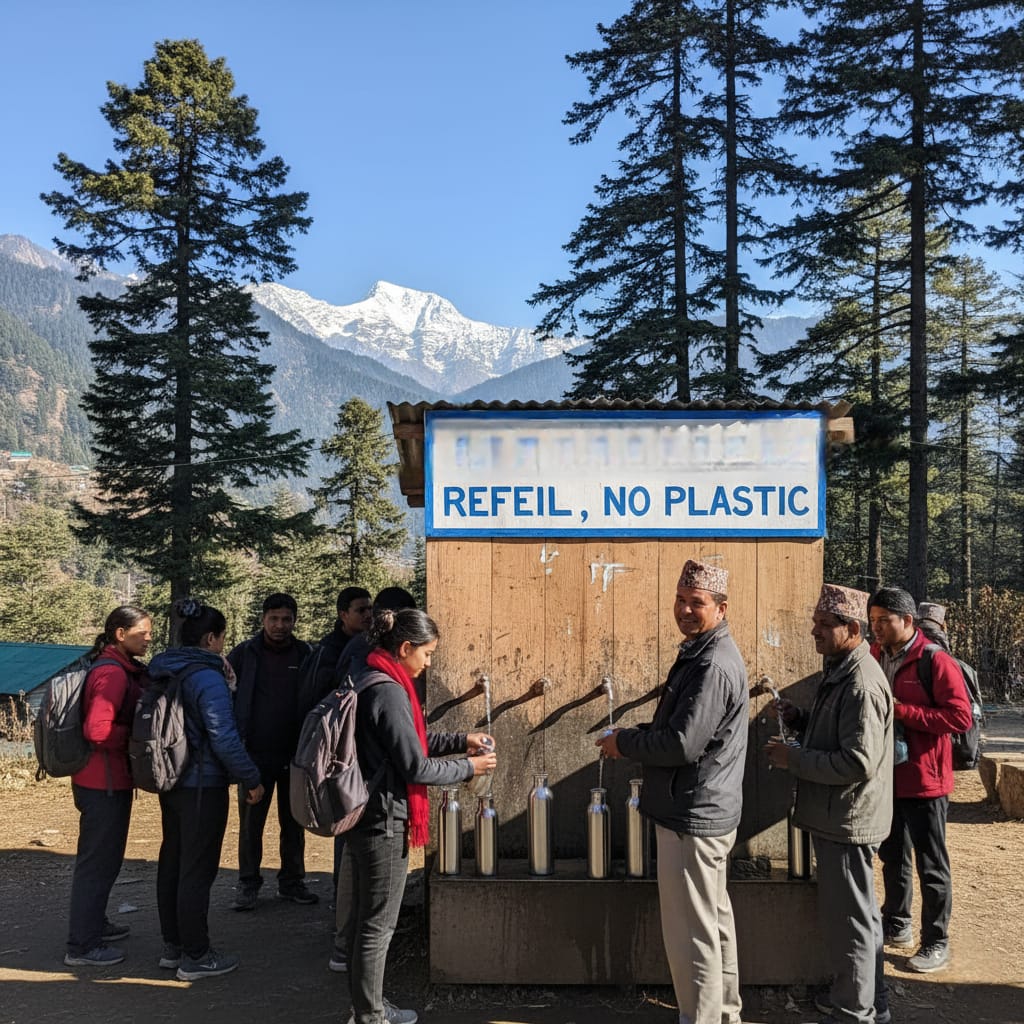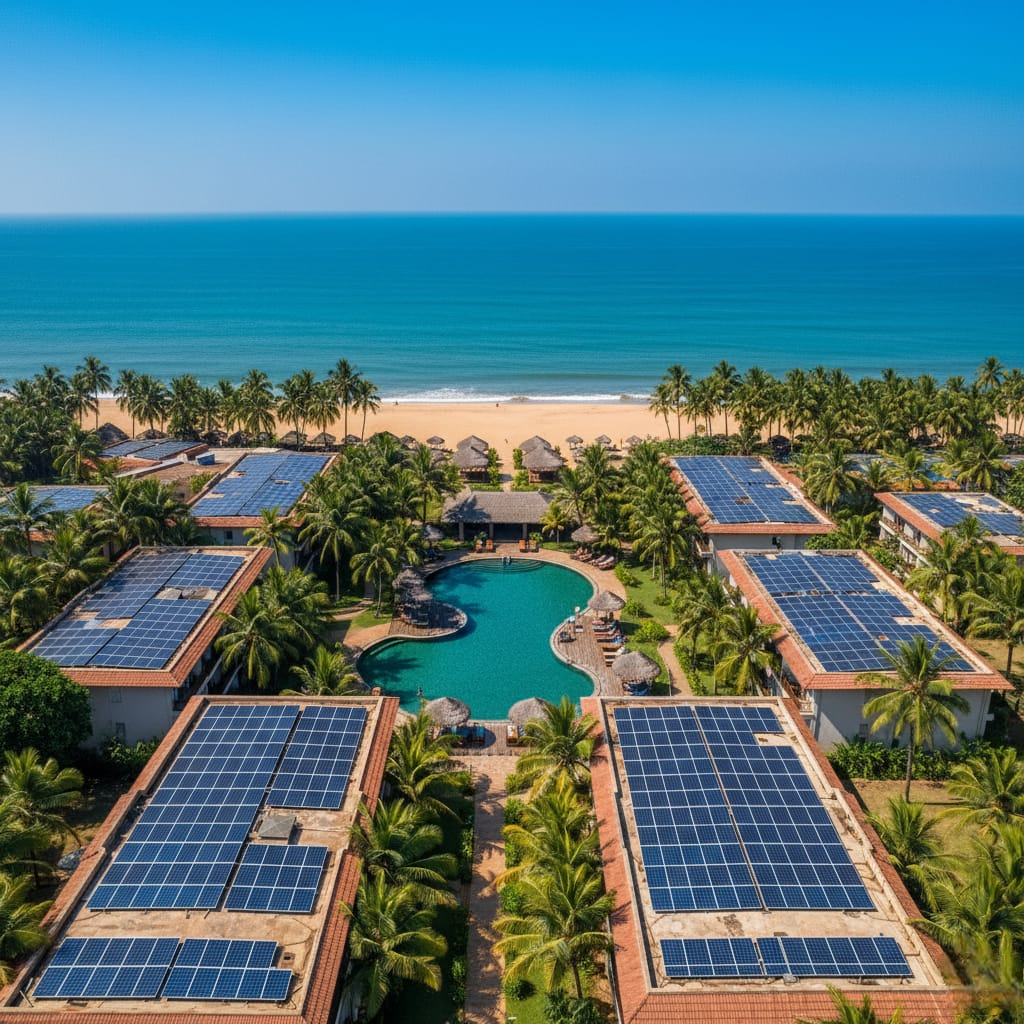Every year, September 27 is celebrated as World Tourism Day. This year’s theme is “Tourism and Sustainable Transformation” – a reminder that travel must go beyond leisure and profit, and become a force for protecting nature and empowering people.
In India, this message feels especially important. Our mountains and beaches welcome millions of visitors every year. But overcrowding, plastic waste and diesel fumes often damage the very beauty people come to see. To change this, states like Uttarakhand, Himachal Pradesh, Kerala and Goa are trying new ideas to make tourism greener and more responsible.
Trekking rules in Uttarakhand
The Himalayas are fragile. Popular treks in Uttarakhand have suffered from too much litter and unplanned camping. To protect them, the state has tightened trekking rules. Now trekkers need proper forest permits, must stick to designated campsites, and are encouraged to hire local guides.
For visitors, this may mean more paperwork. But for the mountains, it means cleaner trails and more jobs for local people. Guides say the new system makes tourists more aware of their responsibility.

Himachal’s fight against plastic
In Himachal Pradesh, the big challenge is plastic waste. Hill stations and trekking routes often get clogged with empty water bottles. The government has started banning small PET bottles and set up water refill kiosks. Some towns have introduced deposit-refund systems to discourage single-use plastics.
Homestay owners and shopkeepers are slowly switching to steel or glass alternatives. During the busy summer, it is not always easy to enforce, but many travellers now carry their own bottles – a small but meaningful change.

Solar-powered coasts in Kerala and Goa
On India’s beaches, the problem is not just waste but also energy. Resorts have long depended on noisy diesel generators. Now, many hotels in Kerala and Goa are installing rooftop solar panels, using rainwater harvesting, and adopting energy-efficient cooling systems.
Guests enjoy quieter stays, and the resorts cut fuel costs. While not every property is fully eco-friendly, the shift towards solar shows how tourism can reduce its carbon footprint.

World Tourism Day 2025 and India
The changes happening in these states reflect this year’s World Tourism Day theme – “sustainable transformation.” Whether it is trekking permits in Uttarakhand, plastic-free drives in Himachal, or solar resorts in Kerala and Goa, the common aim is to balance visitor joy with ecological care.
Across India, special events are being held this week: beach clean-ups in the Andamans, cultural programmes in Himachal universities, and heritage walks in Maharashtra. These are small steps, but together they create awareness that travel must be kind to nature.
The human side
For travellers, sustainable tourism means carrying a reusable bottle, choosing local homestays, and asking hotels about their green practices. For local communities, it means more secure livelihoods – guides, homestay hosts, and small businesses all benefit when tourism is planned with the environment in mind.
India’s green tourism journey is still young, with challenges like uneven enforcement and the risk of “greenwashing.” But the direction is clear. On this World Tourism Day, as the world talks about sustainable transformation, India’s efforts – from the snow peaks to the sandy shores – show that responsible travel is not only possible but essential. Because in the end, protecting our mountains and coasts is not just about tourism. It is about safeguarding the future of the communities and the land that make India so beautiful.





